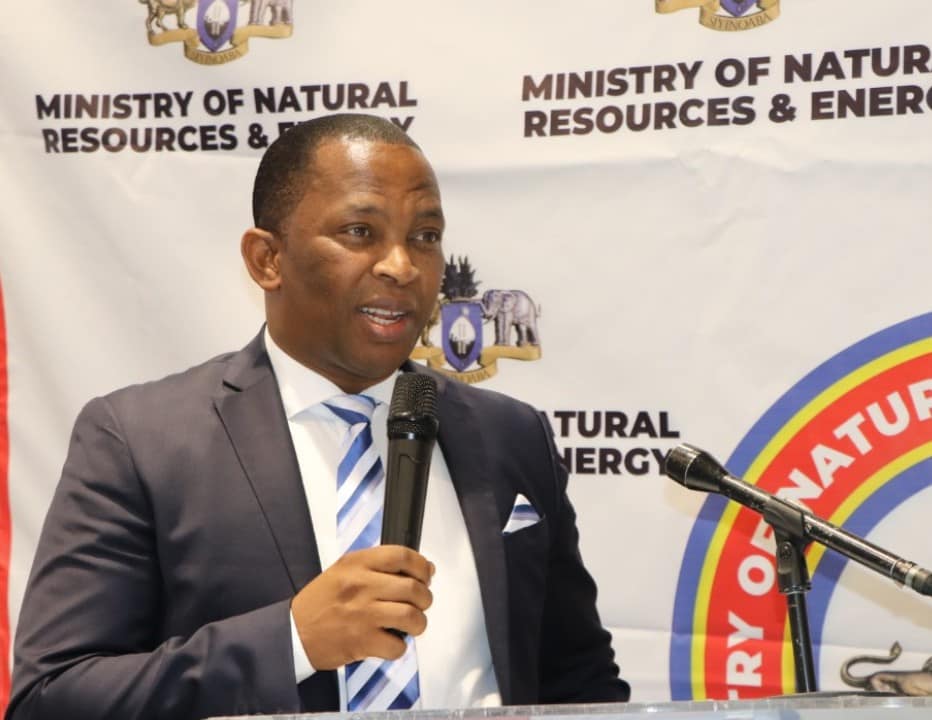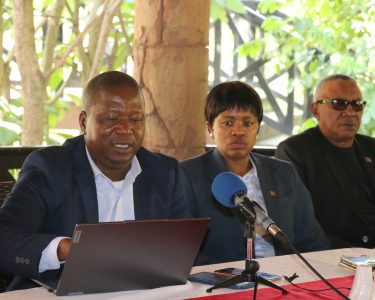By Ntombi Mhlongo
Lack of transparency, high operating costs, and questionable granting of licences comprise the challenges faced by fuel retailers in the country. In a closed session held as part of the Interstate Oil Committee (IOC) Seminar for SACU member states held at the Hilton Garden Inn on Wednesday, the retailers detailed a litany of challenges they are faced with, most of which hinges on high operational expenses which make them struggle to make profits.

The main objective of the IOC is to maintain a close liaison and to make recommendations to governments regarding aspects of the acquisition, storage, supply, distribution, and related issues of petroleum products in the Customs Union Area.
The IOC Member States comprise Eswatini, Lesotho, Namibia, Botswana, and the Republic of South Africa.
The meetings are held twice annually on a rotational basis in the territories of the five member countries.
The Eswatini Financial Times has reliably established that the local fuel retailers were at pains expressing their grave concerns regarding the granting of licences for new filling stations willy-nilly disregarding competition. This publication understands that the retailers’ argument is that licences are granted to new filling stations without considering the distance they are supposed to be apart from the existing ones.
The retailers have observed that as more filling stations open, both the new and the old ones will struggle to generate revenue and that could compel them to trim their labour force to make up for the high operational costs.
Another issue raised by the fuel retailers is that they were unhappy that the Ministry of Natural Resources and Energy approved that the Eswatini Energy Regulatory Authority (ESERA) should make them pay an E10 000 for a filling station licence.
Over and above the E10 000 licence fee, the retailers reportedly questioned the government why ESERA takes E0.02 cents a litre from the retailer margin which is the annual fee for a fuel retail licence. The Eswatini Financial Times has learnt that the fee, is payable in advance based on future predictions of fuel sales for the following 12 months.
As if that was not enough, the retailers voiced out that they are faced with the challenge of high bank charges.
They said for every one litre of fuel sold and paid in cash, about 20 cents goes to bank cash deposit fees and if paid by card, approximately E0.24 cents goes to merchant commission.
Still, on the high operating costs, the retailers decried that they still had to attend to high-cost insurance commitments while at the same time they were expected to pay staff wages and the VAT which now has to be paid on electricity for businesses.
The IOC provides an opportunity for the Member States to interact and update themselves on the latest developments in the petroleum sector regionally and internationally.
It allows them to devise strategies for ensuring that the sector is well regulated with a reliable adequate supply of petroleum products.
The SACU Governments are currently looking into petroleum policy formulation that will guarantee the affordability of the fuel products which include fuel pricing methodologies as well developments of profit margins for the oil industry.
Speaking on the first day of the seminar, acting Minister of Natural Resources and Energy Jabulani Mabuza emphasized the need for strategies and interventions that will ensure the security of fuel supply in the respective countries which will benefit the region holistically.
“Where possible look into synergies in the petroleum supply value chain. Africa is home to five of the top 30 oil-producing countries in the world and several top gas-producing nations hence member states must take advantage of Africa’s precious resources in the long term to meet the required fuel demand,” Mabuza said.






